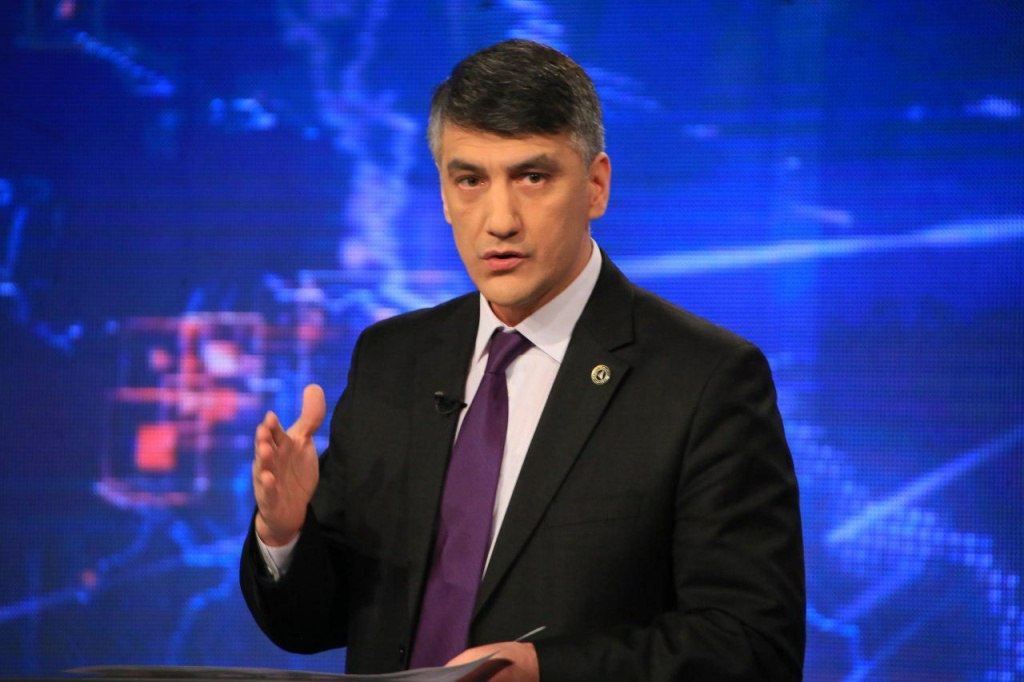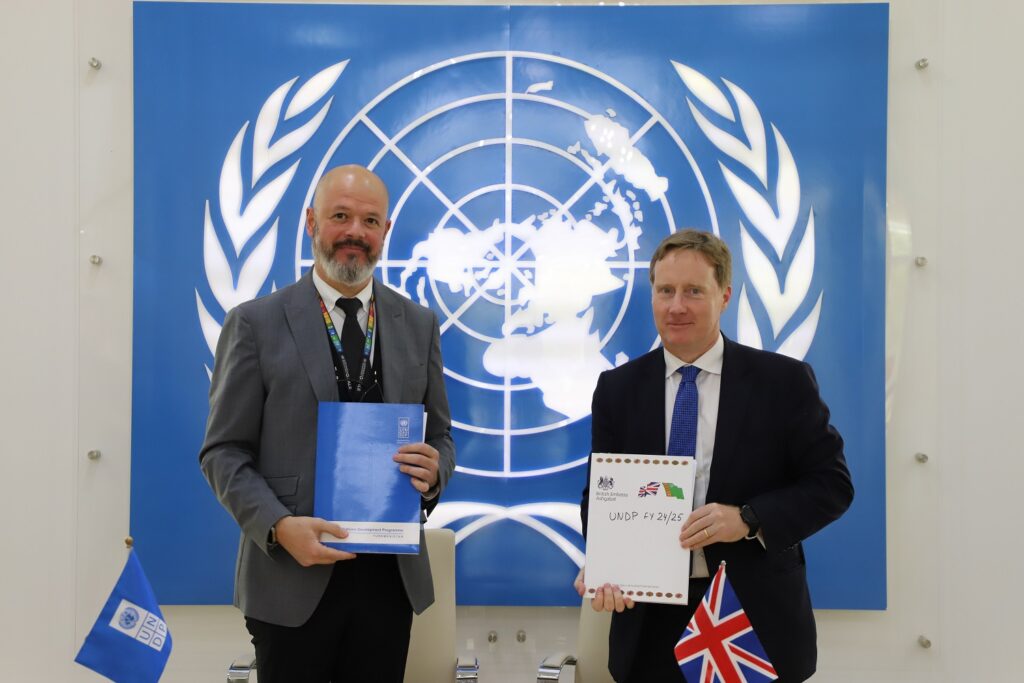Kazakhstan and Malaysia Set to Expand Cooperation
On May 16, Malaysian Prime Minister Anwar Ibrahim made an official visit to Kazakhstan to engage in talks with President Kassym-Jomart Tokayev.
The meeting focused on expanding cooperation in political, trade, economic, investment, and humanitarian spheres.
In his opening speech, Tokayev hailed Malaysia one of Kazakhstan’s most important and reliable partners in Southeast Asia, and continued: “Kazakhstan and Malaysia have a history of long-standing ties of friendship and cooperation – so I believe your visit will provide a very strong impetus to the further development of ties between our countries. We are ready to make additional efforts to advance our interaction and cooperation in many important areas.”
The Kazakh president welcomed the participation of Malaysian companies in the implementation of new projects and promised necessary support from the Government of Kazakhstan.
In addition, he commended the 30-day visa-free regime which benefits citizens and in particular, business men and women, travelling and working between the two countries, and noted the convenience of direct flights. Regarding cooperation in education, attention was drawn to the fact that more than 500 Kazakh students are currently studying at Malaysian universities.
In turn, Anwar Ibrahim stressed the importance of strengthening Malaysia’s trade and economic cooperation with Kazakhstan, and stated: “We can make the most of growing economic relations. We have created a huge commodity market in Malaysia. Our country has now become a regional hub for the production of computer chips with significant investments from the USA, Europe, especially Germany, and China. I think we can share this experience and at the same time, learn from your successful transformations of various fields.”








